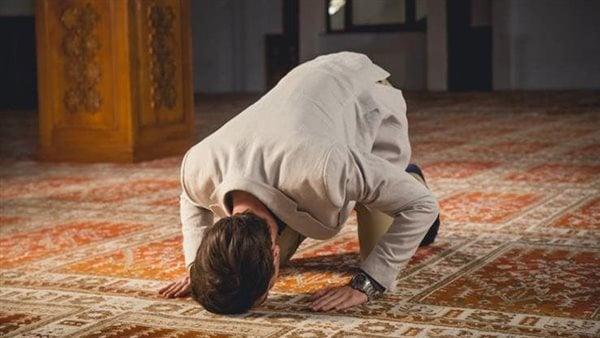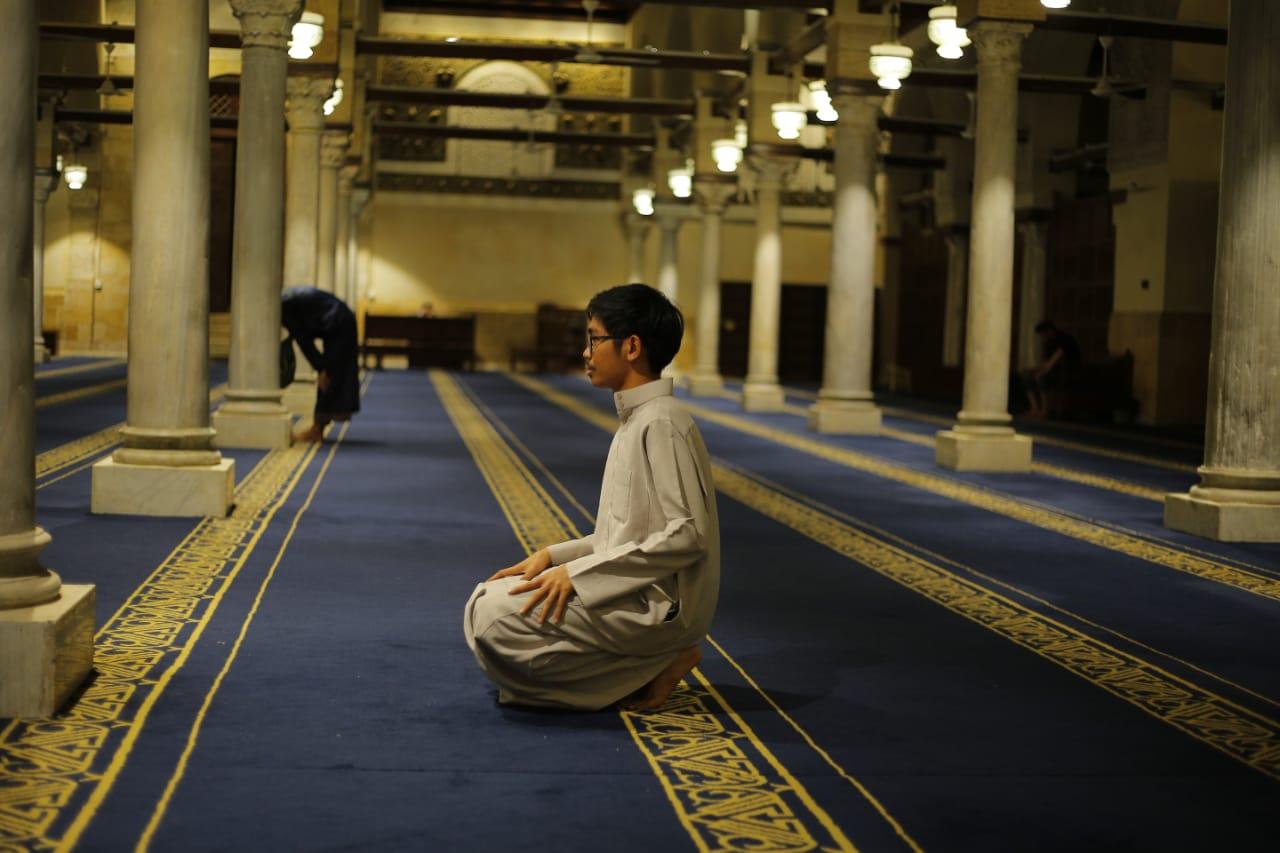Ruling on Praying to an Imam’s Voice via Radio or Media According to Al-Azhar
Al-Azhar clarifies the conditions for valid prayer and rules on following an imam through modern media, including cases where women may pray at home following the imam.

Prayer is the fundamental pillar of Islam, and if it is performed correctly, it validates all other deeds. With technological advances, questions have arisen about the validity of following the imam’s voice via radio or television.
The Egyptian Dar Al-Ifta clarified that performing prayer by following an imam’s voice via radio or electronic media does not constitute a valid congregational prayer. Valid prayer requires the imam and the followers to be in the same place to maintain unity and proper formation of rows. Therefore, it is not permissible to perform congregational prayer remotely through radio or TV.
Regarding women, they may pray at home following the imam’s voice if the house is adjacent or very close to the mosque, allowing accurate following of the imam. If the house is far from the mosque, following the imam via radio or TV is not valid.
Dar Al-Ifta also highlighted the requirements for being an imam: reaching puberty, possessing discernment and intellect, understanding religious matters, and memorizing the Quran or parts of it. The imam’s role is official in mosques, overseeing prayers and religious duties, whereas a preacher may move between mosques to deliver religious lessons.
أوضحت سنة النبي ﷺ أن هناك 4 عبادات صالحة تعادل قيام الليل، منها صلاة الجماعة وقراءة القرآن وحسن الخلق، ليحصل المؤمن على ثواب عظيم دون عناء.
تؤكد دار الإفتاء أن قراءة سورة يس لها فضل عظيم، ويجوز قراءتها بنية قضاء الحاجات والتفريج من الكربات، مع العلم بأن استجابة الدعاء بيد الله تعالى.
الوضوء قبل النوم سنة عظيمة للرسول ﷺ، تجلب الطمأنينة وتحمي من الشرور، تعرف على 8 مكافآت ربانية لهذا العمل البسيط الذي يرفع درجات الإيمان ويغفر الذنوب.
الصدقة في الإسلام لا تقتصر على المال، فكل عمل نافع أو قول حسن هو صدقة، وهذه ستة أمثلة لأعمال يمكن للفقراء القيام بها دون نقود للحصول على الأجر العظيم.



